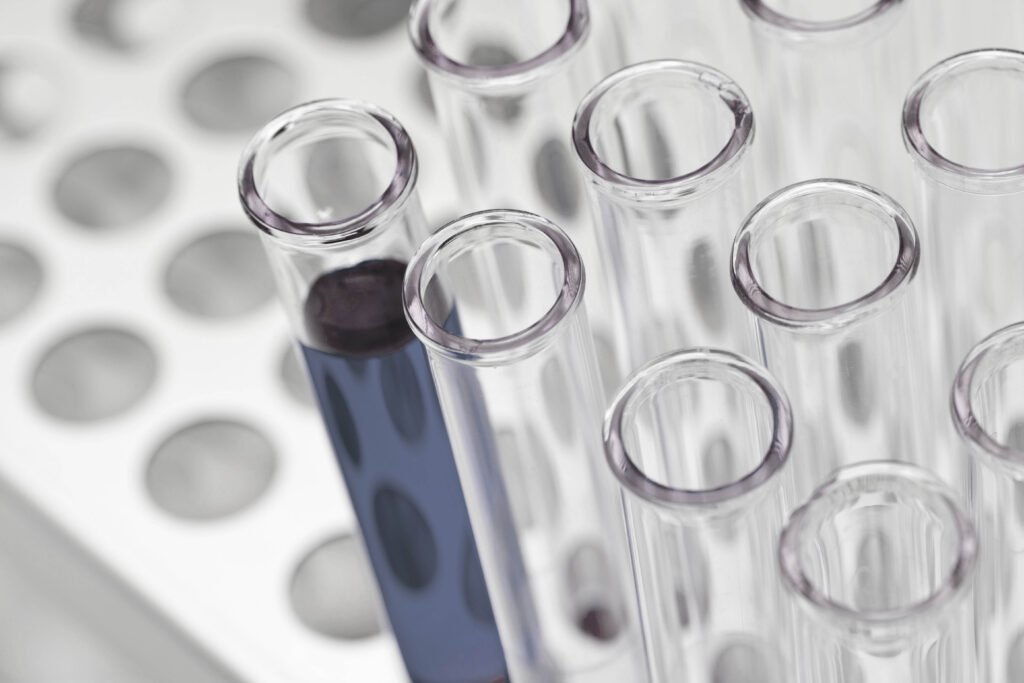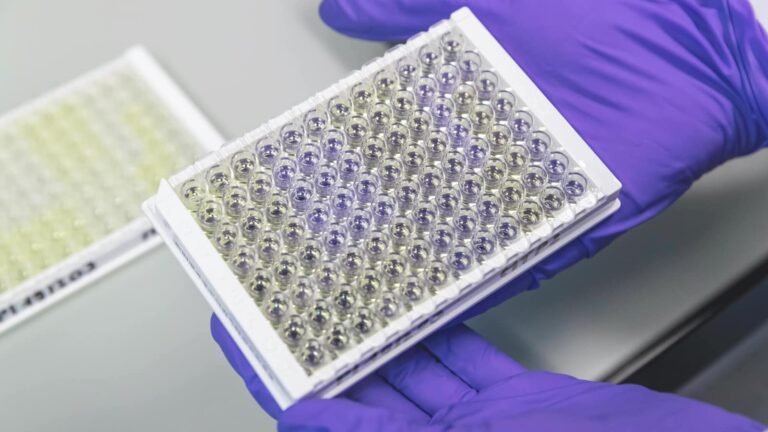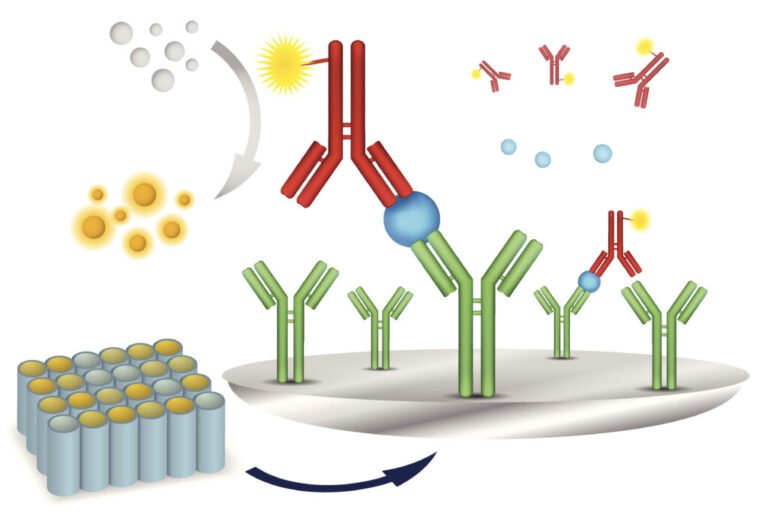Understanding Insulin ELISA: A Vital Tool for Diabetes Research
In the realm of medical research, the pursuit of understanding and managing diseases takes center stage. Among the most extensively studied conditions is diabetes, a chronic metabolic disorder that affects millions worldwide. Researchers and healthcare professionals tirelessly work towards developing innovative methods for better diagnosis, monitoring, and treatment of diabetes. One such essential tool in their arsenal is the Insulin ELISA.
Insulin ELISA Explained
Insulin ELISA, which stands for Enzyme-Linked Immunosorbent Assay, is a powerful laboratory technique designed to quantify the concentration of insulin in biological samples. Insulin, a hormone produced by the pancreas, plays a pivotal role in regulating blood sugar levels. It facilitates the uptake of glucose by cells, thereby maintaining glucose homeostasis. Dysfunction in insulin production or action is at the core of diabetes pathogenesis, making accurate measurement of insulin levels a critical component of diabetes research and diagnosis.
The Insulin ELISA operates on the principles of immunoassay, harnessing the specific binding capabilities of antibodies. In a typical Insulin ELISA, a microplate is coated with antibodies that specifically bind to insulin molecules. When a sample containing insulin is introduced, any insulin present in the sample will bind to these immobilized antibodies. Subsequent steps involve the addition of enzyme-labeled antibodies that also bind to insulin, creating a “sandwich” complex. This complex is then quantified by measuring the enzyme’s activity using a color change reaction. The intensity of the color change is directly proportional to the amount of insulin present in the sample, allowing researchers to determine the concentration accurately.
Applications of Insulin ELISA
The Insulin ELISA finds application in a variety of research areas:
Diabetes Research: The most apparent application is the measurement of insulin levels in both healthy individuals and those with diabetes. This helps researchers understand the dynamics of insulin production and secretion, aiding in the development of new therapies and treatments.
Pharmaceutical Development: Insulin ELISA is indispensable in pharmaceutical research, enabling the evaluation of drug candidates that target insulin signaling pathways.
Metabolic Studies: Researchers studying metabolic disorders and their implications on insulin sensitivity rely on this technique to discern changes in insulin levels under different conditions.
Clinical Diagnosis: In clinical settings, Insulin ELISA assists in diagnosing specific types of diabetes by measuring insulin levels in patient’s blood samples.
Choosing a Reliable Provider: Amindo Biologics
For researchers and healthcare professionals in need of Insulin ELISA kits, choosing a reliable provider is crucial. Among the prominent players in this field, Amindo Biologics stands out as a trusted supplier of high-quality research tools.
Amindo Biologics offers an array of Insulin ELISA kits designed to meet the diverse needs of the scientific community. Their kits are meticulously crafted, ensuring accuracy and precision in insulin quantification. The company’s commitment to quality, user-friendly protocols, and exceptional customer support makes them an excellent choice for researchers seeking dependable Insulin ELISA solutions.
In conclusion, Insulin ELISA is a cornerstone technology in diabetes research and clinical applications. Its ability to accurately quantify insulin levels plays a pivotal role in understanding and managing diabetes. Researchers and healthcare professionals looking for the best provider of Insulin ELISA kits need not look further than Amindo Biologics. With their dedication to excellence, Amindo Biologics ensures that researchers have access to reliable tools for advancing diabetes research and improving patient care.







